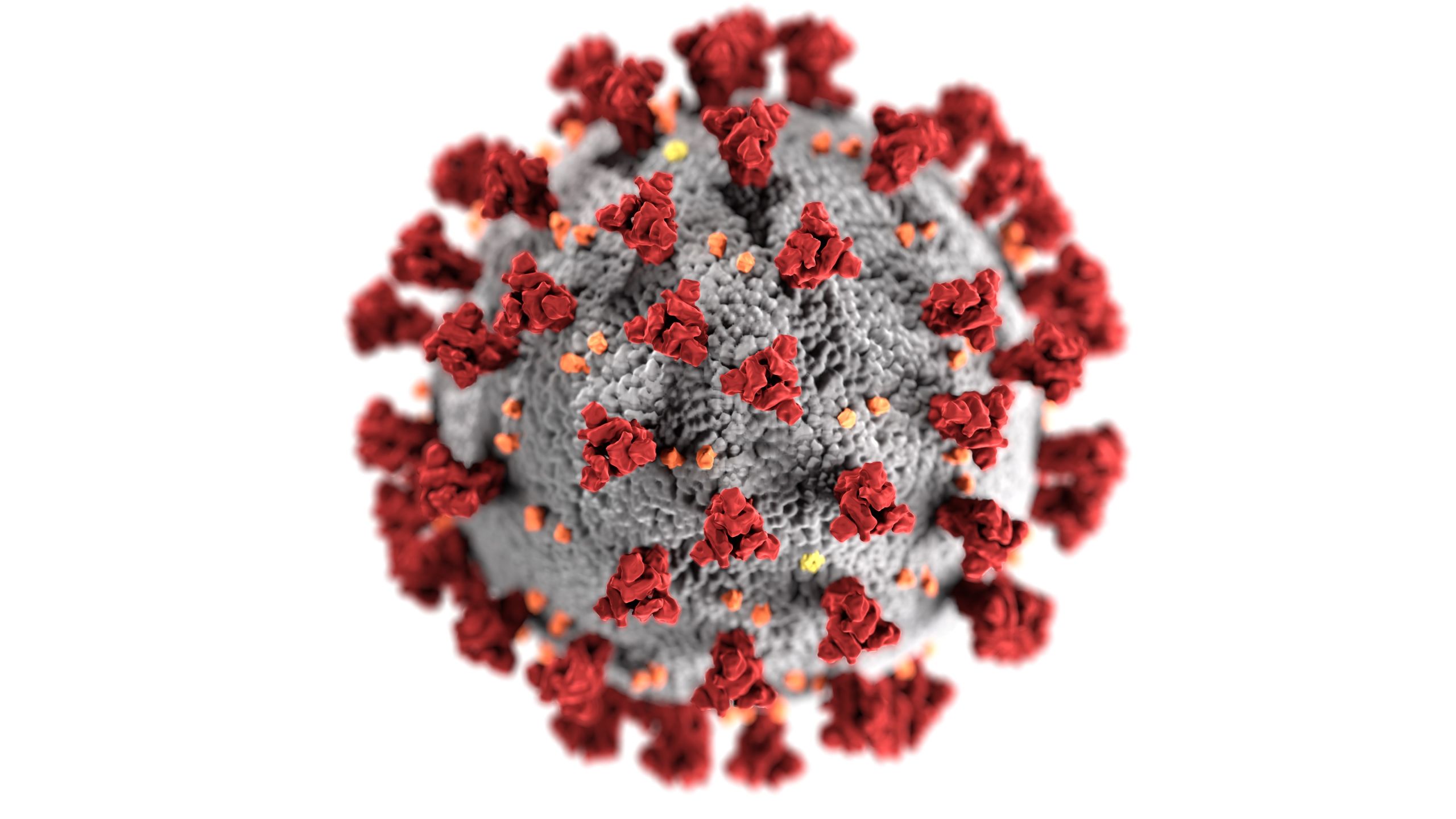Our response to coronavirus
Creative Responses
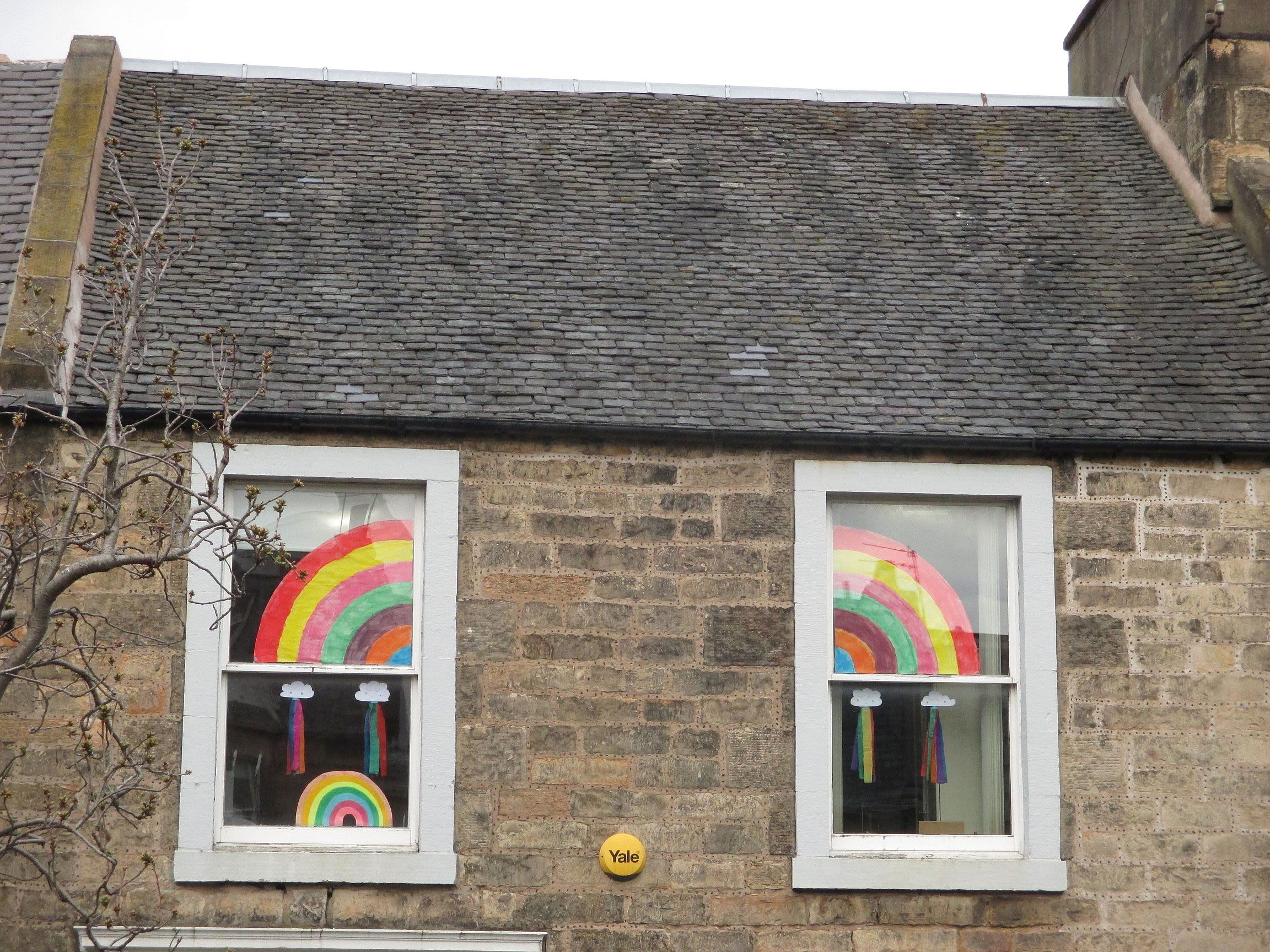
Lockdown Lore: Documenting creative responses to Coronavirus
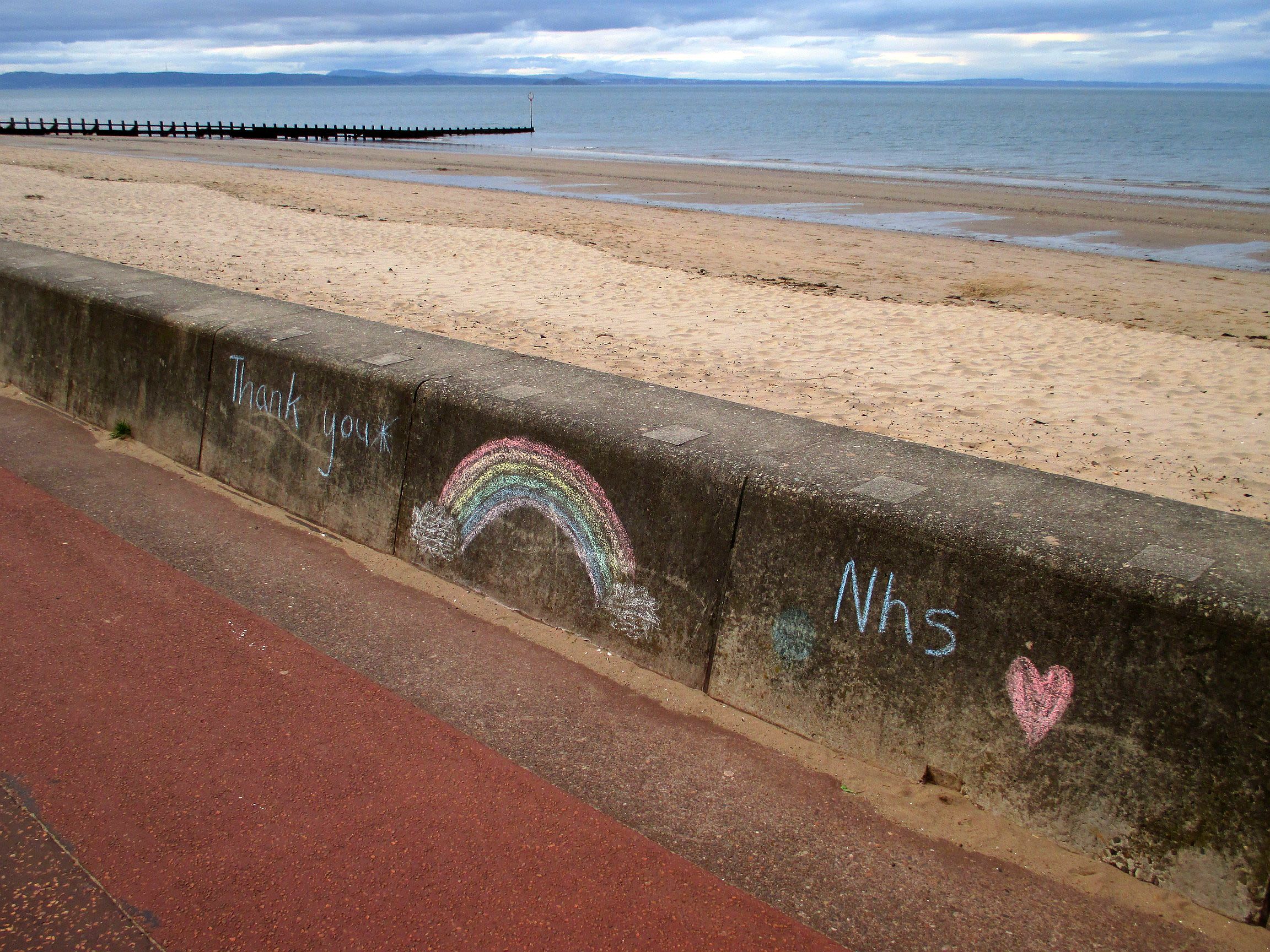

Creative responses to the Covid-19 pandemic have proliferated since the beginning of stay-at-home measures, with window rainbows, chalk drawings, poems, songs, and new digital initiatives all bringing people together.
The University of Aberdeen’s Elphinstone Institute is hoping to preserve these for future generations through the creation of a ‘Lockdown Lore Collection Project’.
The Institute, which focuses on Scottish ethnology, folklore and ethnomusicology, wants to document and curate the country’s creative responses to the pandemic and is seeking the help of the public to populate its new archive.
Simon Gall, Public Engagement Officer at the Elphinstone Institute said:
‘We think it’s vitally important to document the grassroots cultural response to lockdown across Scotland and its digital landscapes as it provides a window into how individuals and communities deal with major disruptions to everyday life.
‘By doing this we hope to learn something about the role of creativity in human resilience.’
The Lockdown Lore Collection Project has been a great success, with new submissions coming in from around the country (and internationally) every day. In addition to photos documenting creative responses, the project has received videos, poems, songs, tunes, and our volunteers have interviewed over twenty-five people about their lockdown experiences.
Submissions from the public can be made via the Lockdown Lore Collection Project webpage.
Staff volunteer to make scrubs for the NHS
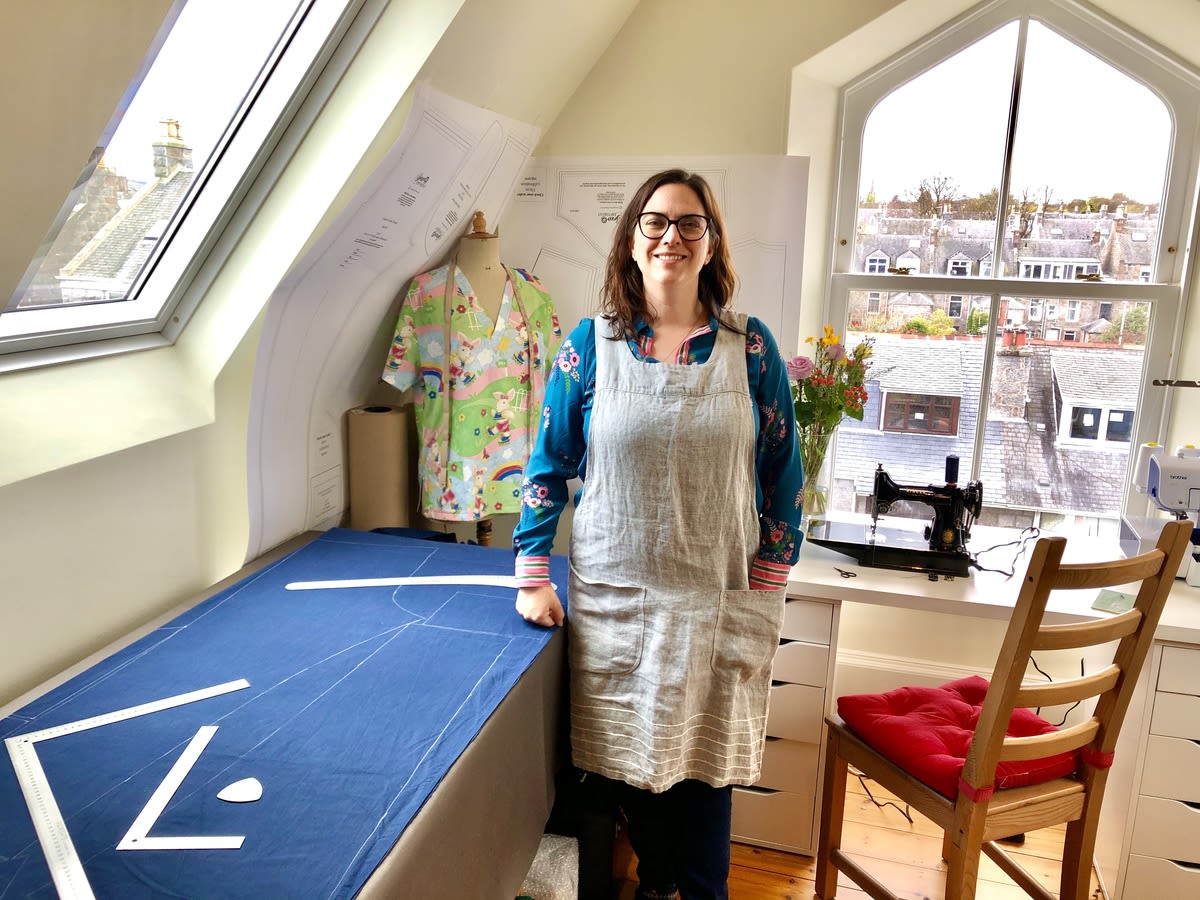

Carley Williams, from the University of Aberdeen’s Elphinstone Institute, is part of a team of Grampian-based machinists who answered the call of the For the Love of Scrubs campaign.
In total the Grampian group of the national campaign has produced and delivered more than 480 sets of scrubs plus laundry bags in the three weeks since the campaign began.
Carley said: “I am a keen sewer in my spare time – my first University accreditation is in Historic Costuming – and when I saw NHS workers were struggling to get hold of scrubs I wanted to help.”
She was supported in her effort by the University’s Media Services Medical Illustration team which printed 10 copies of A0 sized patterns to allow the volunteers to work more efficiently.
Mapping changes in sound as a result of Covid-19
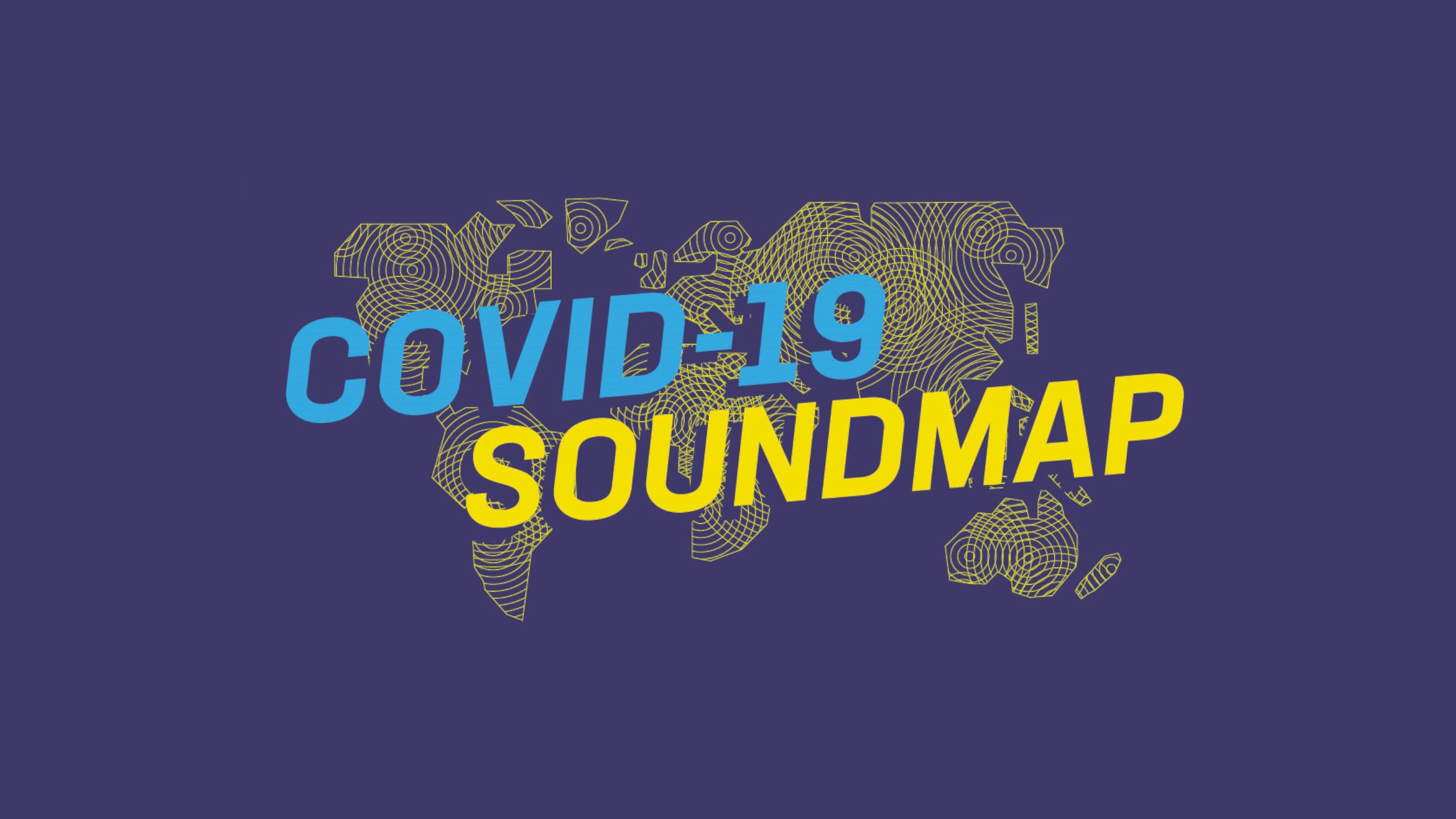

A University of Aberdeen sound artist is leading a project to capture in sound the changes in our environment as a result of the Covid-19 lockdown.
Professor Pete Stollery, a specialist in sound art and sound mapping, is seeking the help of the public to preserve and reflect on this unique period in time, which is changing the sounds around us as well as the way in which we live our lives.
Professor Stollery said: ‘After just a couple of days in lockdown, the transformation in our aural environment was quite astounding.
‘There are fewer cars on the road, planes are no longer overhead, noise from construction sites has ceased and the sounds of nature are once again coming to the fore.
Professor Stollery put out a call for help on his own social media channels and has already received more than 100 sound files from around the world which he is now uploading to Google Earth so that when visitors click on pins on the map, they can listen to life during lockdown at that location.
“I’ve had recordings sent to me from all over the UK as well as from Chile, Turkey, Greece, France, Germany, Spain, Italy, Belgium, the US and Canada,” he added.
Recordings can be sent to: covid19soundmap@gmail.com
Sounds already mapped can be enjoyed at: www.tinyurl.com/covid19soundmap
